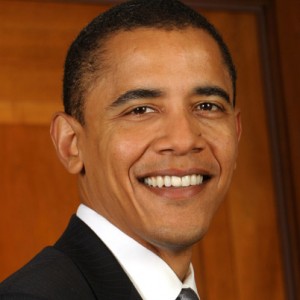One of my mentors, Akin Jimoh, had said in July 2011: “Climate Change will be one of the biggest stories of the 21st century”. Those words gingered my passion on reporting this global phenomenon, which is increasingly becoming a key component of governance.

As a Boot Camp fellow of the Knight Science Journalism 2012 programme on Energy and Climate Change at the Massachusetts Institute of Technology (MIT), I am filled with excitement by the opportunity to acquire more knowledge on the topic.
The first day’s programme featured lots of great speakers who dissected climate change from different perspectives. When Professor David Acher from the University of Chicago had his lecture with us through Skype, I realised that climate change means differently to the American people. The realisation that I was being confronted by this was heart breaking. Climate change was not really the biggest stories of the 21st century but climate change means economics to an American.
During Professor Henry Jacoby’s lecture, I saw more of the econometrics of climate change to the America government and people. He highlighted the past and future of the oil and gas sector. When he said the US government was now increasing domestic production of oil and would reduce foreign dependence, the Nigeria market and its oil-dependent economy came to my mind. After President Obama won the presidential election, he stated that the US would reduce importation of oil and, Nigeria, being a huge supplier, many of us back home were concerned. For the economy of Nigeria, oil has been her backbone for the past 50 years. So the US reducing importing oil from Nigeria would potentially affect our economy.
But President Obama had to improve the US economy and reduce cost, build domestic oil production. A member of the Obama administration, Professor Joseph Aldy, spoke extensively on what the US government is doing on energy and climate policy. In his presentation, I observed a lot of domestic measures undertaken by the US government to reduce carbon emission. The carbon and tax cut is noteworthy. I asked Professor Aldy that, as a global power, why isthe US government not active on the negotiating table in the United Nations Framework Convention on Climate Change (UNFCCC) meetings on carbon reduction? His answer was shocking but made a lot of sense to me. The US government has always been working on policy towards carbon and tax reduction but the other Head of States see the UNFCCC conference as a time to discuss carbon economy and tell what should be done. UNFCCC can’t dictate what countries should do or not do about carbon emission or reduction, he stated.
The American economy is dependent on the energy sector and industry, and a sudden policy on carbon is going to hurt her economy. As a global power, climate change means a lot to the US economy. What happens to the peoples’ jobs, livelihood? Climate change to the American public is a topic that should be discussed with caution. When I asked Professor Aldy why climate change was not part of President Obama’s campaign, he said it was not a topic treated by the Romney camp, so why bring up an unpopular issue to the front burner? An impact of climate change during the Obama campaign was the speedy response to victims of Hurricane Sandy in New York and environs, which is still not seen as an effect of climate change or sea level rise but a storm surge.
My conclusion on what climate change means to an American is that when more climate realities such as massive flooding due to excessive rainfall, migration due to sea level rise, and diseases from heat wave occur, maybe climate change would mean much more than just economics.
By Tina Armstrong-Ogbonna

Thanks for the insightful article.